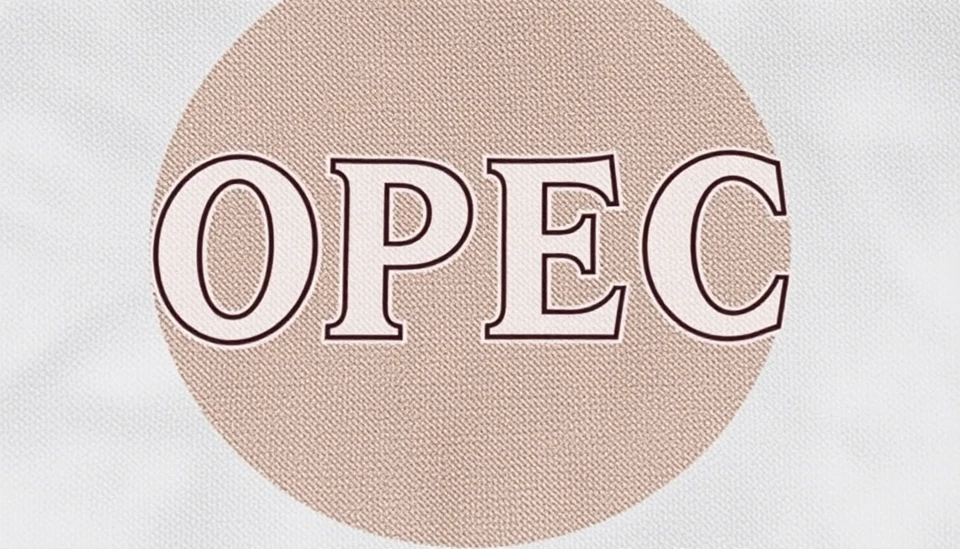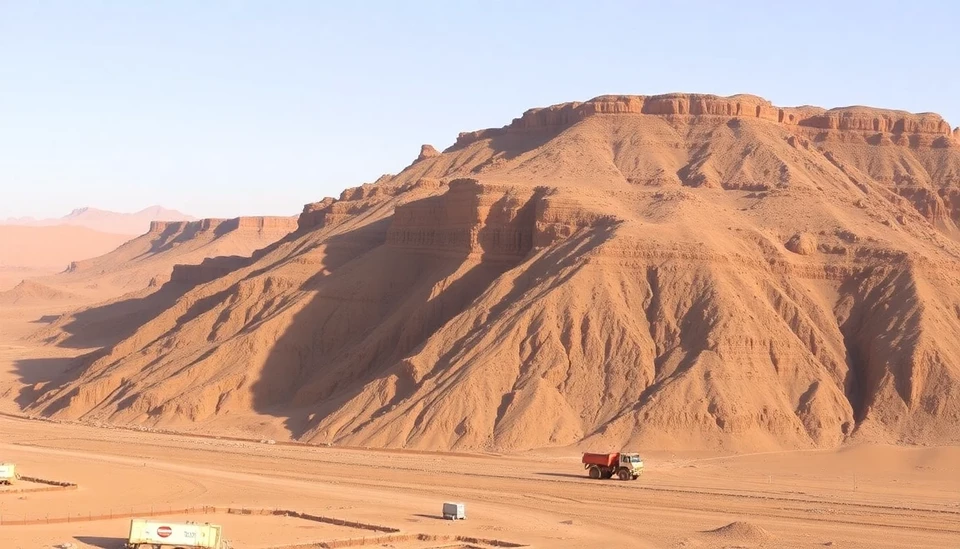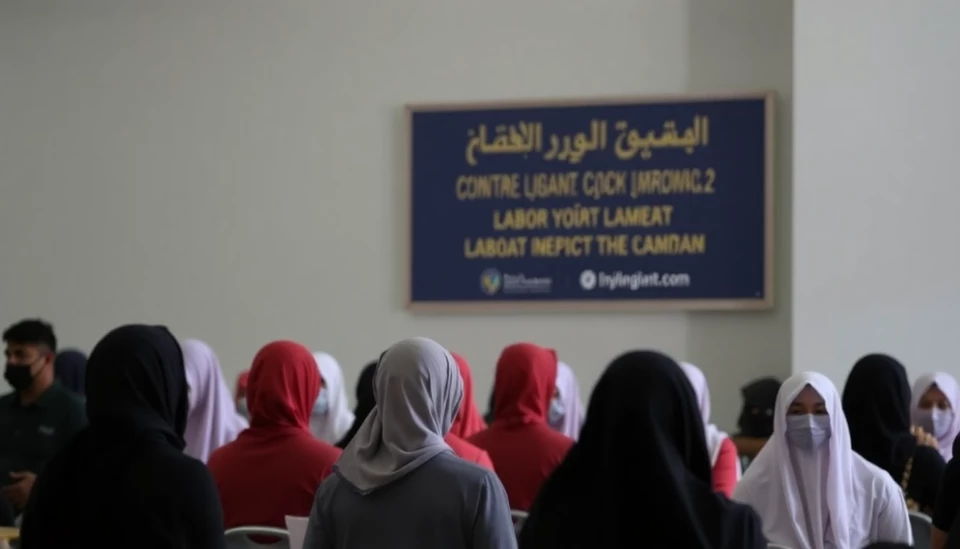
In a significant development towards sustainable financing, Saudi Arabia has inaugurated its first carbon trading market, signaling its commitment to reducing carbon emissions while facilitating investment in green initiatives. The launch, which took place on November 12, 2024, aims to harness the economic potential of carbon credits as the nation seeks to diversify its economy beyond oil dependency.
This groundbreaking carbon trading platform is designed to attract both local and international investors by providing a structured mechanism for carbon credit trading. Businesses and industries emitting carbon dioxide now have a financial incentive to lower their emissions, as they can sell surplus carbon credits to those struggling to meet their sustainability goals. This market-driven approach is intended to stimulate significant investments in renewable energy and technology, aligning with Saudi Arabia’s Vision 2030 strategy, which focuses on economic diversification and environmental sustainability.
The establishment of the carbon trading market comes amidst escalating global pressures to address climate change. With the ongoing climate discussions emphasizing emission reduction, Saudi Arabia recognizes the urgent need to participate meaningfully in these global initiatives. The new market not only aligns the kingdom with international environmental standards but also enhances its image on the world stage as a responsible player in the climate crisis.
Experts believe that this initiative could unlock billions of dollars in green financing. By monetizing carbon emissions, Saudi Arabia could attract investments aimed at renewable projects, thereby accelerating the transition to a low-carbon economy. The kingdom’s efforts are particularly important as it has long been viewed as one of the world's largest carbon emitters due to its oil production activities.
As part of this arrangement, the market will also establish stringent monitoring and verification processes to ensure the integrity of the carbon credits traded. This transparency is crucial, as it directly impacts the credibility and effectiveness of the carbon trading system. Stakeholders are optimistic that with the right framework in place, the market will flourish and provide a platform for sustainable growth.
Furthermore, the Saudi government has emphasized its commitment to achieving net-zero emissions by 2060. Through this carbon trading market, the kingdom is taking concrete steps to meet its climate goals while balancing the economic interests of its oil-dependent economy.
The new initiative has garnered support from global entities, with various firms expressing interest in participating in the carbon market. This collaborative effort could pave the way for innovative partnerships focused on achieving sustainability objectives and enhanced environmental stewardship across the region.
As the global community continues to navigate the challenges posed by climate change, Saudi Arabia's proactive measures in establishing a carbon trading market highlight its readiness to embrace environmental reforms and innovations. The success of this initiative could serve as a template for other nations looking to capitalize on carbon trading as a viable model for fostering economic growth while addressing ecological concerns.
In conclusion, the introduction of the carbon trading market in Saudi Arabia represents a bold step towards sustainable investment and economic diversification. As the kingdom mobilizes its resources to engage in this new climate economy, it has the potential to emerge as a leader in carbon management and green finance.
### Hashtags ###
#SaudiArabia #CarbonTrading #SustainableFinance #ClimateChange #GreenInvestment #Vision2030 #NetZero #RenewableEnergy #Sustainability
Author: Peter Collins




